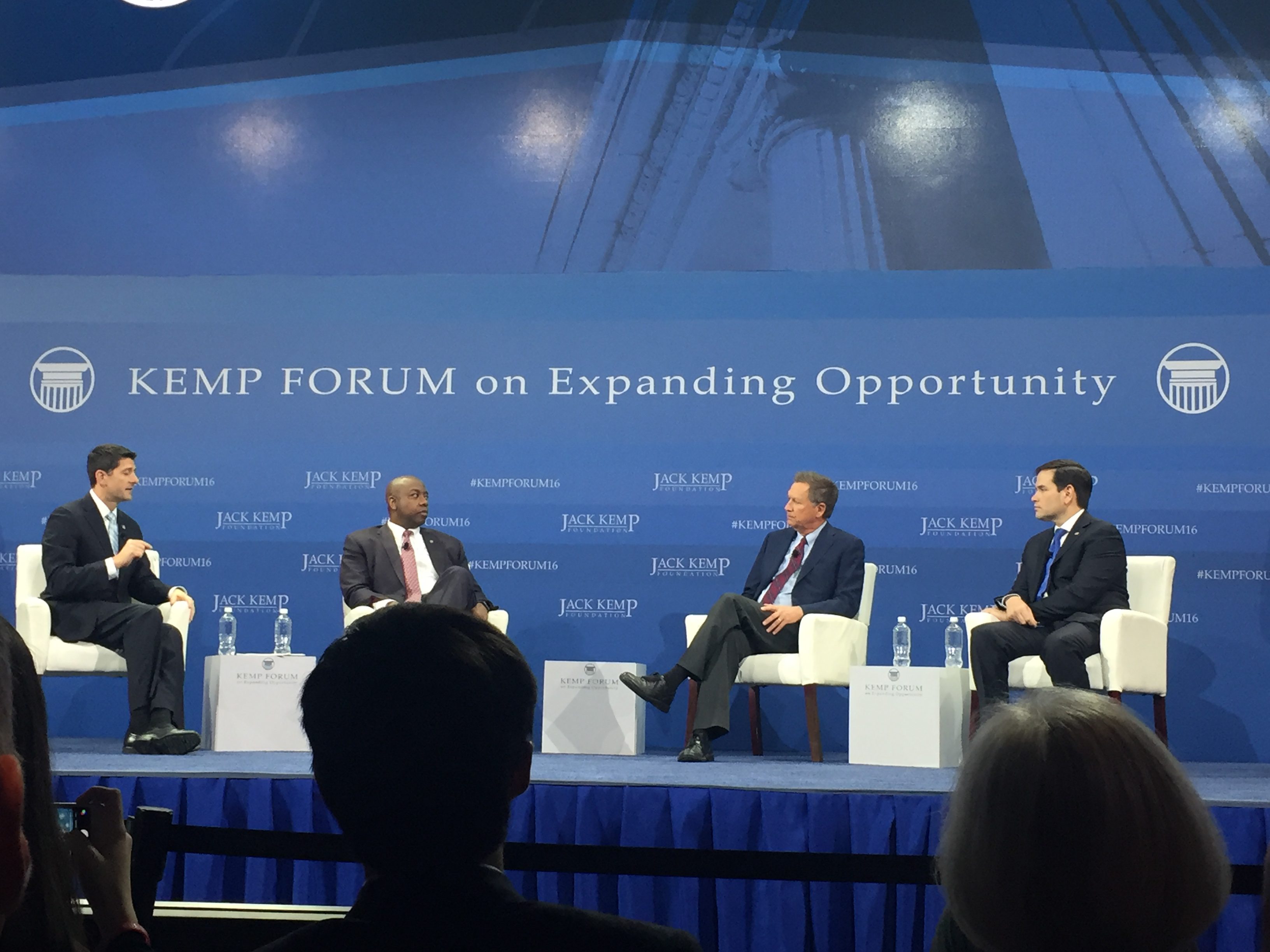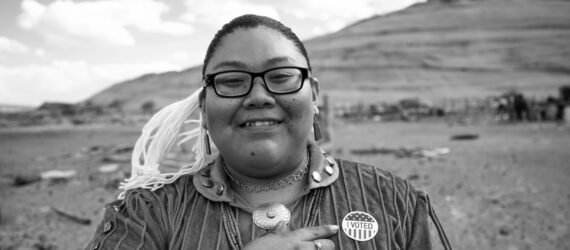By Marlysa Thomas
GOP presidential hopefuls gathered over the weekend in South Carolina to address poverty in the U.S. at a special forum hosted by the Jack Kemp Foundation.
State block grants and the earned-income tax credit (EITC) for low-income childless workers (adults without children and non-custodial parents) were two tactics discussed among the presidential candidates as a way to lift American families out of poverty. Presidential candidates who participated include former Florida Gov. Jeb Bush, Dr. Ben Carson, New Jersey Gov. Chris Christie, former Arkansas Gov. Mike Huckabee, Ohio Gov. John Kasich, and Florida Sen. Marco Rubio.
Preceding the forum, Eric Mitchell, director of government relations at Bread for the World and a Bread representative on the Vote to End Hunger coalition, said he hoped “the forum would bring forth hunger as an important issue to raise during the elections…[since] hunger is something that impacts our neighbors, classmates, people in our churches and our coworkers.”
Bread was one of the many sponsors of the forum, which was a real opportunity for GOP candidates to dispel the notion that they do not recognize poverty as an important issue. Each candidate acknowledged poverty as a reality that too many Americans have to endure and seemed to agree with the words of Arthur Brooks, president of the Kemp Foundation, when he said, “The cost of [poverty] is not financial—the cost of this is human and we must all be in this fight.”
There was support for programs like the EITC for childless adult workers among some of the candidates. Christie spoke about how New Jersey doubled the program to incentivize people into the workforce. Bush expressed the importance of expanding the credit to childless workers and doubling it for single filers.
These are the kind of policies Bread wants to see presidential candidates endorse. EITC has reduced the severity of poverty for 21.6 million people. Currently, there are over 6 million childless workers who could benefit from this additional support. And female-headed households would benefit from much-needed support to cover expenses including childcare and mitigate financial losses from low-wage jobs with limited benefits.
The candidates also discussed state block grants at the forum. Some candidates are proposing block grants as a resolution to poverty because states could administer programs at lower rates and then utilize unspent funds (assuming there would be money left over) for other state programs.
As Rev. David Beckmann, Bread’s president, explained before the forum though, “When the needs increase – as occurred in dramatic fashion during the Great Recession – a block grant is likely to run out before everyone in need is served. The structure of block grants also makes assistance more vulnerable to funding cuts and to having its funding diverted to other purposes.” So, in other words, the block grants that some of the GOP hopefuls proposed have the potential of pushing families further into poverty and hunger; not lifting them out.
It is a victory that candidates see the value of expanding tax credits. But this forum proved that we still have to educate our candidates and voters on how block grants could drive people deeper into poverty.
Soon, Americans will begin to vote in the primaries and eventually select the nation’s next president. Let’s make sure that both parties talk about hunger and poverty. After all, these issues do not know partisanship.
Marlysa Thomas is domestic advisor for policy and programs, specific populations at Bread for the World Institute.



